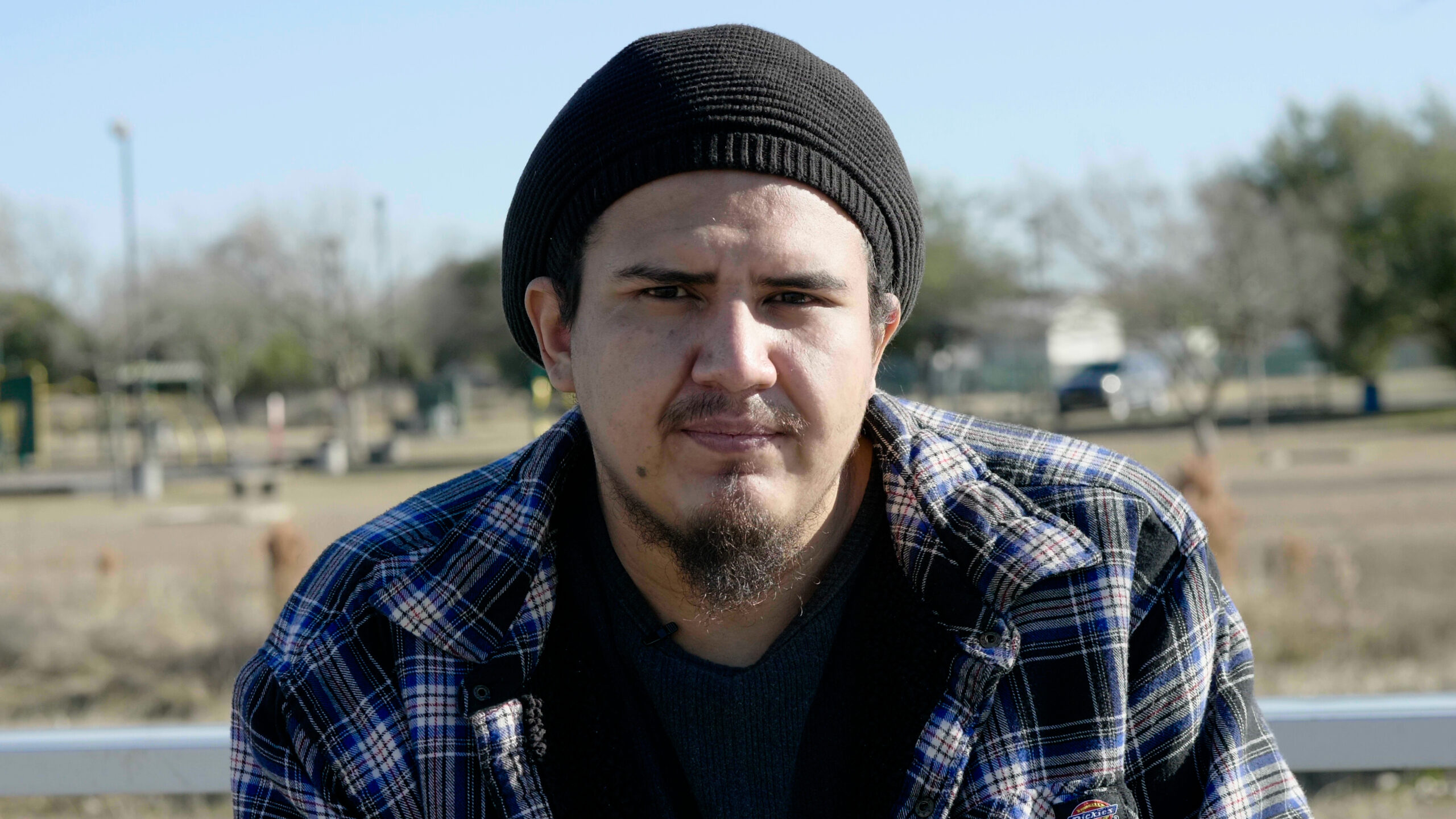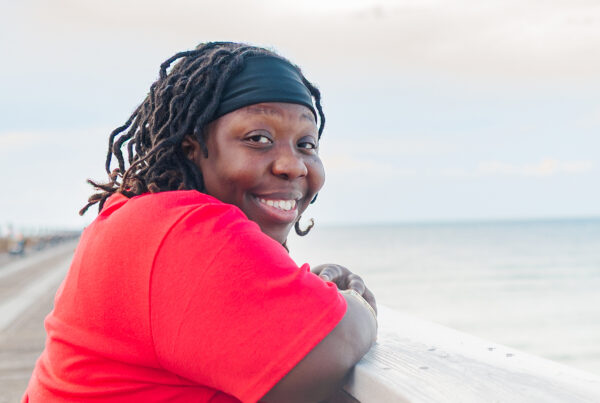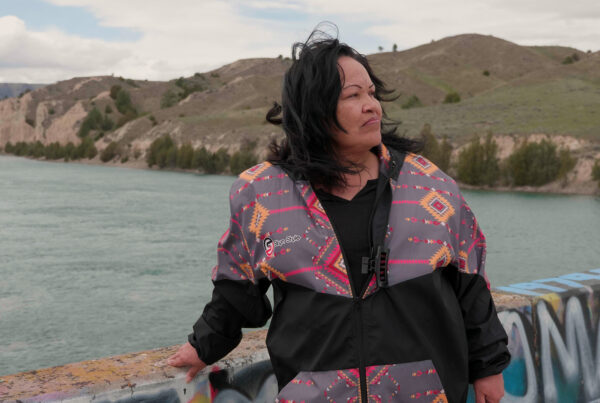Video Transcript
I was hearing voices. They were telling me if I didn’t kill myself they were going to kill my family – and so I was trying to. I ended up in the hospital and I continued to try. It ended with me trying to take a gun from a cop. I was, I was just, it was really a bad bad time in my head. I didn’t know what was going on. I just felt like alone in it.
Instead of getting the help that I just you know, needed, I was just there in jail being you know treated as an inmate and not a patient. My name is Esteban. I’m 31 years old and I play music. I play bass and I’ve been playing since high school so like a long time. My favorite bass player is Ryan Martinie from Mudvayne. He’s amazing. I’ve lived in Kyle all my life, born and raised in Texas. The thing I like most about living in Kyle I guess is the peacefulness.
Being in jail was, it wasn’t great. I was like a mental health patient in the jail so I felt really out of place. I’m a pacifist and there’s, there was a lot of aggression going on so it was kind of you know weird. I was incarcerated here at or, in San Marcos at the Hays County Jail I guess it’s called and um, I was there for about two months. The first month I was in a holding cell just there. Just kind of laying there. And yeah it was it wasn’t a great experience. It was, it was surreal really. I didn’t really expect that to happen. I thought I was going to the hospital you know to stay at. I wasn’t really thinking about COVID to be completely honest. I was, I was just trying to just – I needed to get out was the only thing I was thinking about.
Working with The Bail Project was, was good for me cause it helped me to get out of there as soon as I could. The, the guy that helped me out, Joe his name is, he’s been, he’s been good following up with me and helping me to remember my court dates and everything, so yeah he’s been a lot of help. It’s an unfair system because the people, people that don’t have the money are they usually have to be you know they need to be working and stuff so it’s, it’s just hard on them in their lives I guess. I had to you know kind of get stuff going again which is the biggest thing. Like I had to get a job again and you know start my life over almost. Well I’ve been uh, I’ve been able to get my services started again. My medication was a big thing. They didn’t offer the medications that I needed, that I’ve been prescribed at the jail so I was unmedicated there as well. So I’m back on my pills and, feeling a lot better.
Every year, tens of thousands of people with mental health conditions are incarcerated in jails across America. When people like Esteban are arrested and detained during a mental health crisis, they are swept into the criminal justice system with little to no support. Jails do not have the resources or staff to adequately care for these individuals. Many people are too unwell to advocate for themselves. Stories of abuse and neglect are widespread. About two out of five people with a history of mental illness receive little to no treatment once incarcerated. Esteban explains how he should have been a patient at a hospital, not incarcerated in San Marcos, Texas. “They didn’t offer the medications that I needed, that I’ve been prescribed, at the jail so I was unmedicated there as well.”
Thank you for engaging with our content. People like you make a better world possible – a world where justice is not determined by someone’s wealth. The Bail Project is not only an immediate lifeline for people held on unaffordable cash bail, but a growing megaphone for public education and social change. If you have the means and found value in our content, please consider becoming a donor today.












